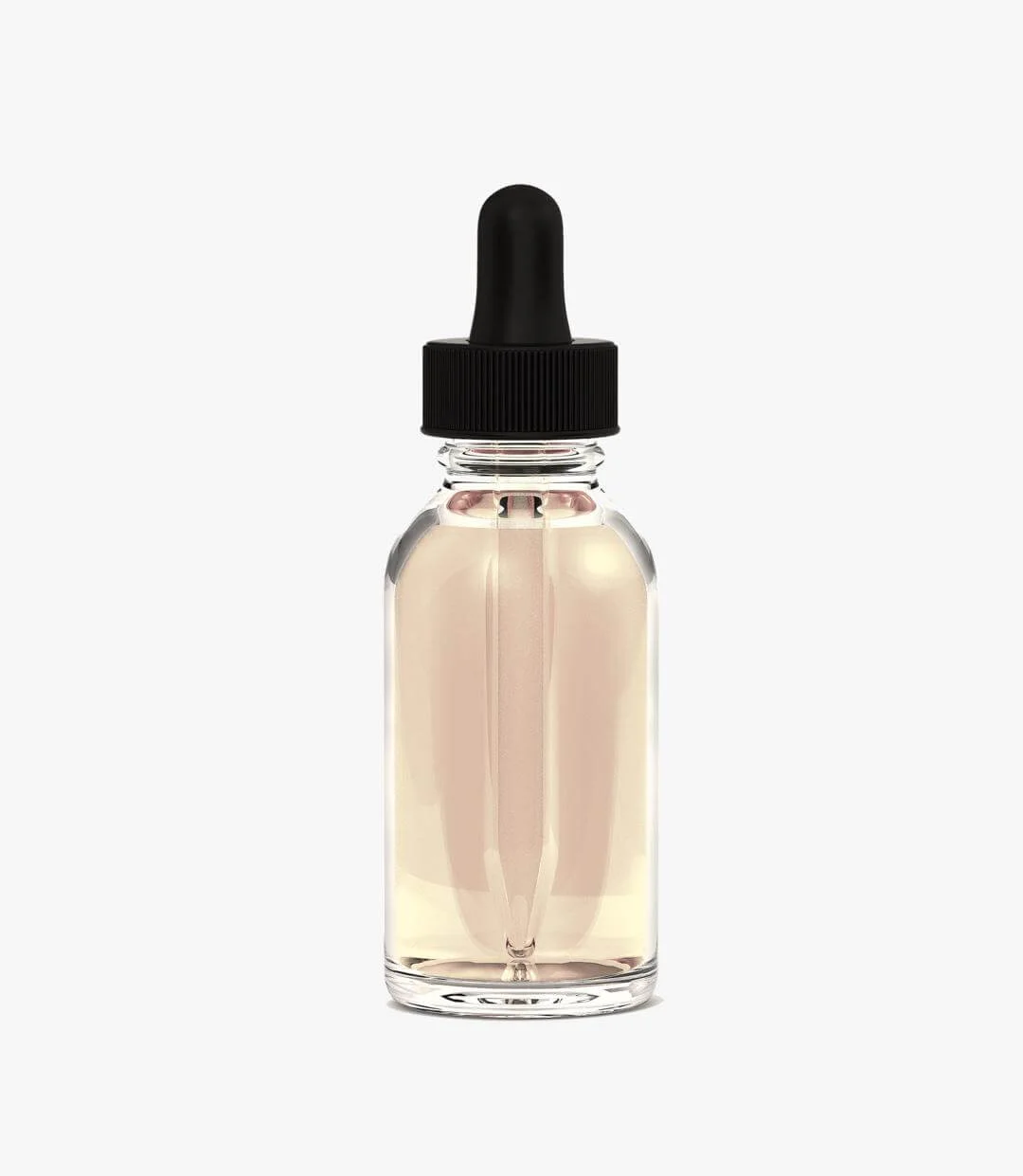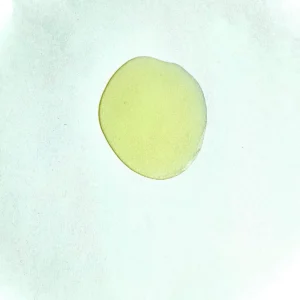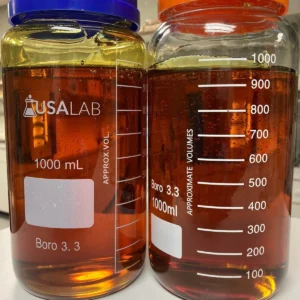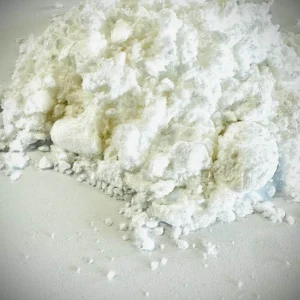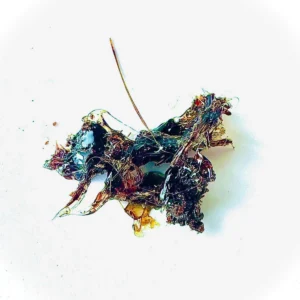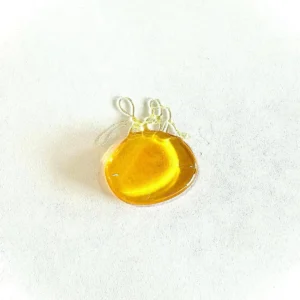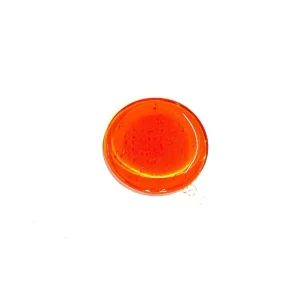What is D9 THCV – Delta-9 Tetrahydrocannabivarin?
D9 THCV, or Delta-9 Tetrahydrocannabivarin, is a fascinating cannabinoid that has garnered significant interest in the field of cannabinoid research. As a derivative of THC, D9 THCV presents a unique pharmacological profile and holds promise for various therapeutic applications, sparking curiosity among researchers and clinicians alike [1].
Stability of D9 THCV
Limited studies on the stability of D9 THCV indicate that it may exhibit stability characteristics akin to other cannabinoids found in cannabis. While further investigation is warranted, preliminary findings suggest that D9 THCV may maintain its integrity and potency under various environmental conditions, contributing to its potential as a therapeutic agent [2].
Effects of D9 THCV
Emerging research suggests that D9 THCV possesses distinctive pharmacological effects, distinct from other cannabinoids. Preliminary studies indicate that D9 THCV may exert therapeutic effects on appetite regulation, weight management, and metabolic disorders. Additionally, it shows promise in neuroprotection and anti-inflammatory activity, potentially offering benefits for neurological conditions such as Parkinson’s disease and multiple sclerosis [3].
Medicinal Uses for D9 THCV
D9 THCV holds significant potential for medicinal applications, particularly in the domains of metabolic disorders and neurological conditions. Research suggests that it may aid in appetite suppression, weight loss, and the management of conditions like obesity and diabetes. Furthermore, its neuroprotective and anti-inflammatory properties may confer therapeutic benefits in neurological disorders characterized by neuroinflammation and oxidative stress [4].
Dosages
Information on optimal dosages for D9 THCV is currently limited due to the early stage of research. Dosages should be tailored based on individual needs and responses to treatment, with guidance from healthcare professionals experienced in cannabinoid therapy.
Drug Testing Considerations
Concerns regarding D9 THCV’s implications for drug testing are not yet fully elucidated. Further research is necessary to understand its metabolic pathways and potential detection in standard drug tests. Individuals undergoing drug testing should exercise caution and consult healthcare professionals for personalized guidance.
Experience the Potential of D9 THCV
Embark on a journey to explore the therapeutic potential of D9 THCV. As research continues to unravel its effects and applications, D9 THCV may emerge as a valuable tool in the arsenal of medical treatments, offering novel avenues for addressing various health conditions and enhancing overall well-being.
References:
[1]Russo, E. B. (2011). Taming THC: potential cannabis synergy and phytocannabinoid-terpenoid entourage effects. British Journal of Pharmacology, 163(7), 1344-1364.
[2]Gertsch, J., Leonti, M., Raduner, S., Racz, I., Chen, J. Z., Xie, X. Q., … & Zimmer, A. (2008). Beta-caryophyllene is a dietary cannabinoid. Proceedings of the National Academy of Sciences, 105(26), 9099-9104.
[3]Rock, E. M., Sticht, M. A., Duncan, M., Stott, C., Parker, L. A., & Pertwee, R. G. (2013). Evaluation of the potential of the phytocannabinoids, cannabidivarin (CBDV) and Δ9-tetrahydrocannabivarin (THCV), to produce CB1 receptor inverse agonism symptoms of nausea in rats. British Journal of Pharmacology, 170(3), 671-678.
[4]Hill, A. J., Weston, S. E., Jones, N. A., Smith, I., Bevan, S. A., Williamson, E. M., … & Stephens, G. J. (2010). Δ9-Tetrahydrocannabivarin suppresses in vitro epileptiform and in vivo seizure activity in adult rats. Epilepsia, 51(8), 1522-1532.
